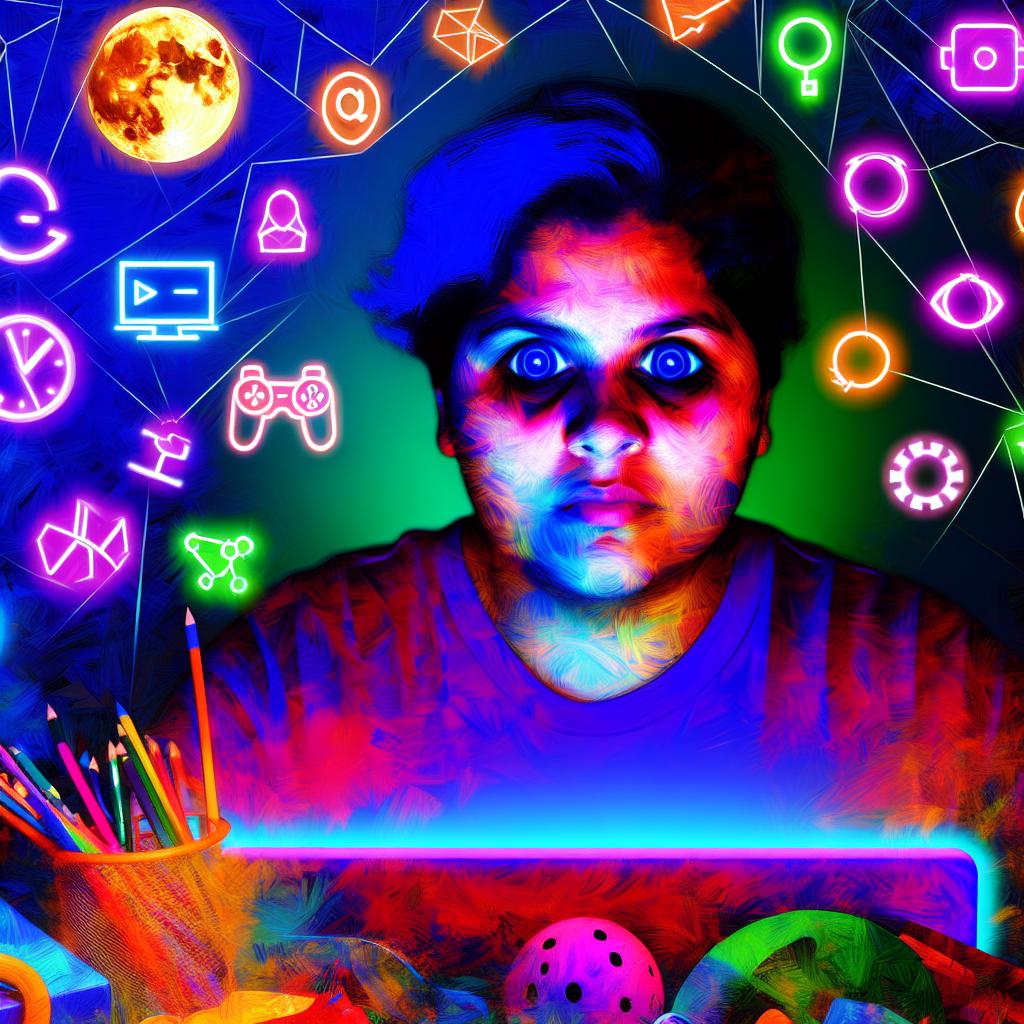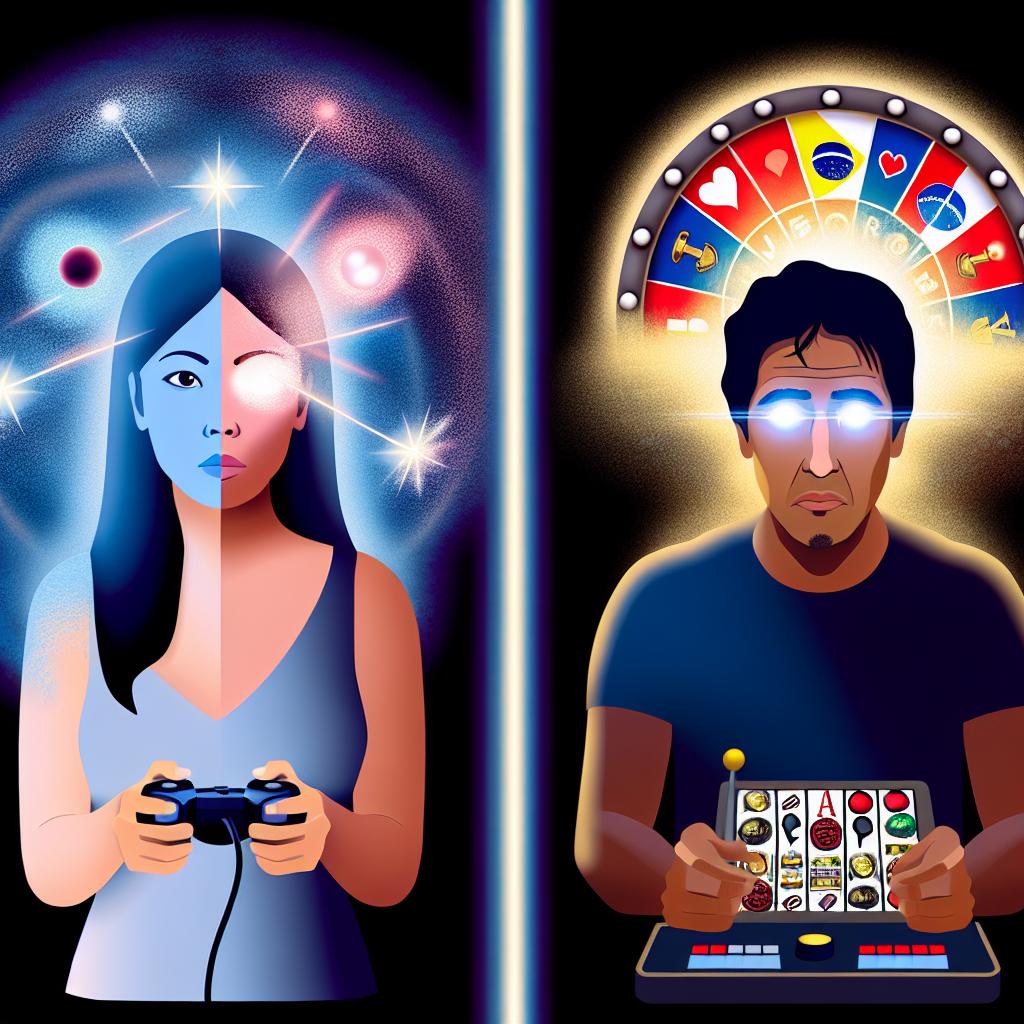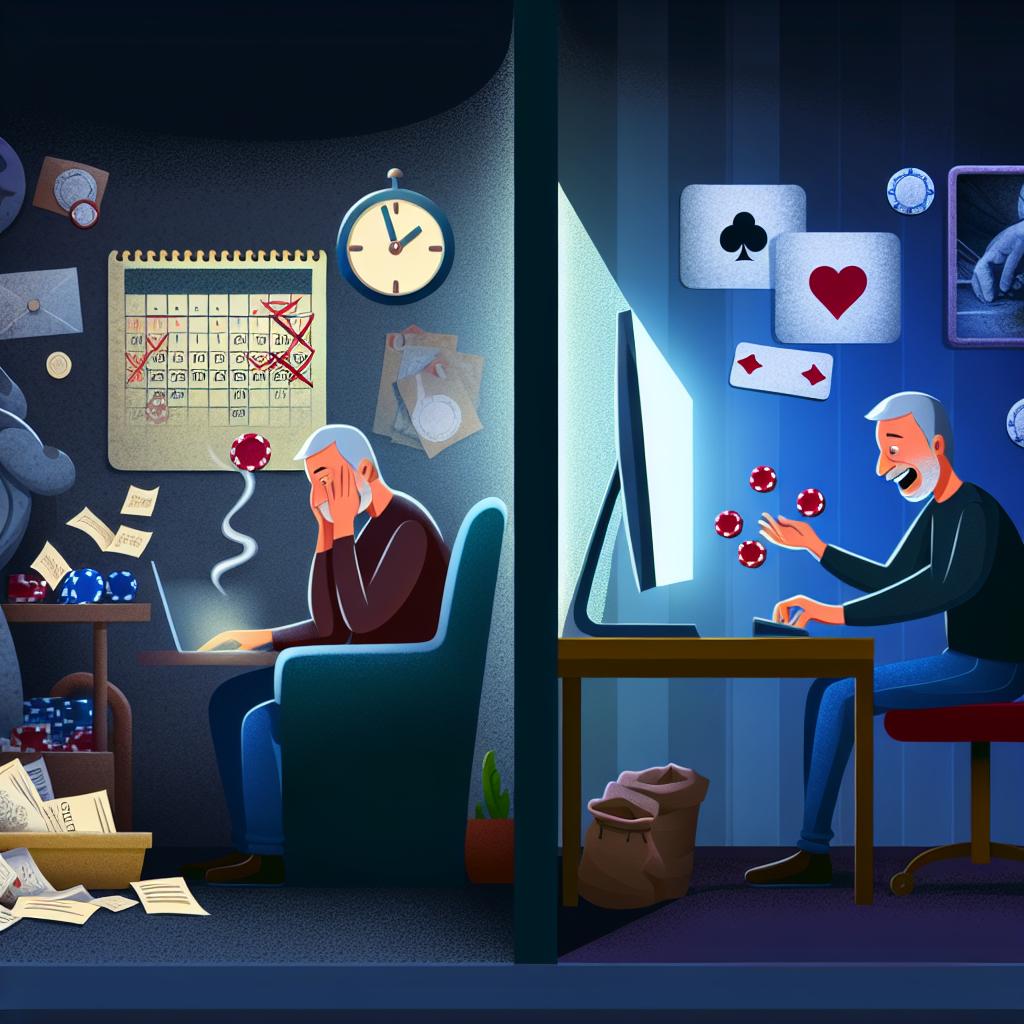Understanding Behavioral Patterns of Problematic Gamers
Problematic gaming, a behavior defined by excessive engagement in gaming to the point where it disrupts everyday life, is increasingly becoming a concern across different age groups. To manage and mitigate this issue effectively, it is important to recognize the associated behavioral patterns.
Defining Problematic Gaming
Problematic gaming is a term often linked to what is known as “gaming disorder.” This condition is characterized by several symptoms, including an intense focus on gaming, experiencing withdrawal symptoms when not gaming, and losing interest in previously enjoyed activities. The repercussions of this disorder often extend to vital areas of life such as educational achievements, professional responsibilities, and social interactions. Understanding the precise nature and definition of problematic gaming is a significant step in tackling this growing concern.
Key Behavioral Patterns
Among the range of behaviors exhibited by problematic gamers, several stand out as indicators, aiding in the identification of the disorder:
Obsessive Focus on Gaming: Many individuals with problematic gaming habits display an overwhelming preoccupation with video games. This obsession often leads to the exclusion of other interests and responsibilities. Such a focus can result in a neglect of important real-life interactions and obligations, creating a cycle where gaming becomes the primary activity.
Social Withdrawal: A notable pattern is the tendency towards social withdrawal. Problematic gamers often prioritize online interactions over in-person connections. This preference for virtual communication can lead to a significant decline in face-to-face social skills and may strain existing relationships.
Sleep Deprivation: Another common pattern is the disturbance of sleep patterns. Gamers often engage in prolonged sessions, ignoring the need for adequate rest. The tendency to prioritize gaming over sleep can result in sleep deprivation, manifesting as fatigue and reduced cognitive function, further affecting their daily lives.
Emotional Effects
Beyond the behavioral patterns, problematic gaming is also associated with various emotional challenges. These include heightened stress and anxiety levels, particularly when players are unable to engage in gaming activities. Additionally, gamers might experience mood swings and irritability, especially when gameplay fails to meet their expectations or when gameplay is interrupted. These emotional impacts can complicate the individual’s personal and social life, exacerbating the issues stemming from problematic gaming.
Possible Contributing Factors
Understanding the factors contributing to the development of problematic gaming is crucial for addressing this issue. Several elements might play a role:
Escapism: A prevalent factor is escapism, where video games provide an alternative reality for individuals to temporarily evade real-life problems and stressors. The immersive environment of games offers a sense of achievement and progression that might be lacking in their everyday lives.
Accessibility: The vast accessibility of games on various platforms has made prolonged gaming easier. The convenience of mobile gaming, in particular, can intensify tendencies towards problematic gaming since games are available anytime, anywhere.
Game Design: Some games are intentionally designed to engage players for extended periods. Such designs use mechanisms like level progression, rewards, and social connections within the game world to encourage continuous play. The alluring design elements can significantly contribute to the development of problematic gaming behaviors.
Addressing Problematic Gaming
To prevent long-term consequences, it is essential to address problematic gaming behaviors early. Various approaches can be employed:
– Setting Time Limits: Establishing boundaries for gaming time can help in reducing excessive playing and encourage a more balanced time allocation for different activities.
– Encouraging Other Activities: Fostering interests outside of gaming can help in diverting attention from video games and providing healthier outlets for energy and time.
– Seeking Professional Help: If necessary, professional intervention can be beneficial. Therapists or counselors specializing in gaming disorders can offer strategies to reduce gaming dependency and improve overall life balance.
Individuals and families grappling with problematic gaming can access various resources and support structures. There are organizations dedicated to understanding and managing gaming disorders, providing valuable guidance and assistance. Professional help can equip individuals with strategies to gain control over their gaming habits and promote a more balanced lifestyle.
For those who wish to explore more on the behavioral aspects of problematic gaming, additional resources are available from credible sources focusing on mental health and digital well-being, such as the American Psychological Association (APA). Accessing such sources can offer deeper insights and practical solutions to manage gaming habits effectively.






